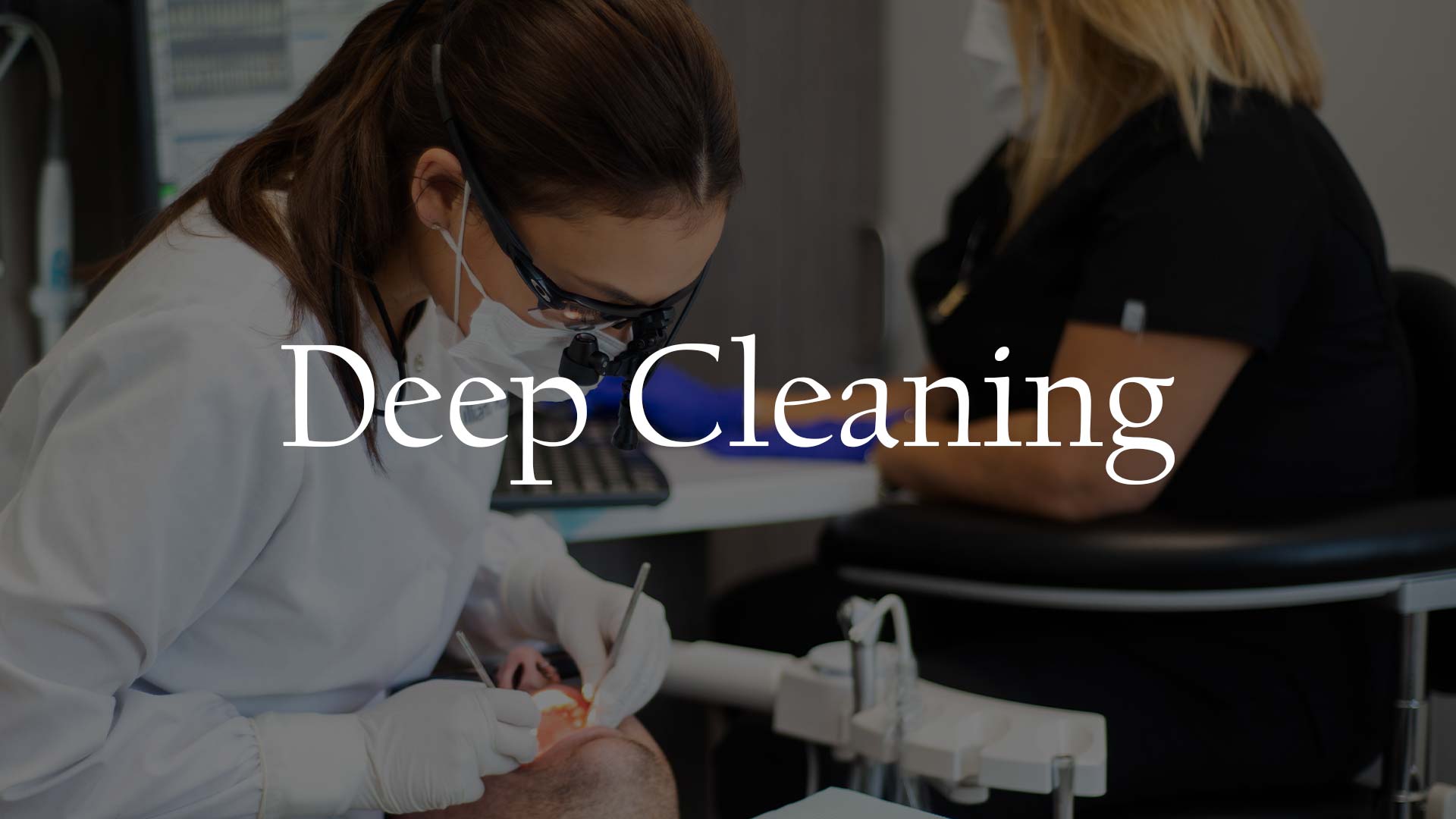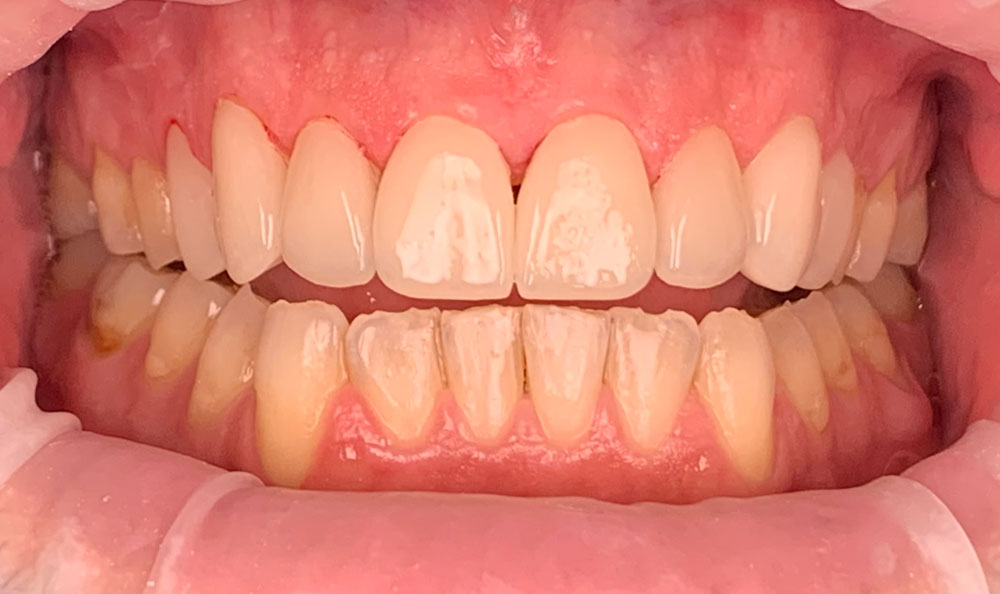What's The Distinction Between Deep Cleaning And Regular Dental Cleaning?
Teeth cleaning is crucial for maintaining dental health and cleanliness regularly. It ensures strong, healthy teeth for general well-being and maintains their cosmetic attractiveness. It is crucial to treat cavities and prevent periodontal disease to prevent tooth loss. Deep cleaning eliminates bacteria colonies and tartar from the teeth's roots, whereas routine cleaning concentrates more on the gum line to scale and polish the teeth's surface.
Comparing Deep Cleaning and Routine Dental Cleaning
Regular dentist teeth cleaning and dental deep cleaning differ primarily because the former is less thorough. To keep gum infections and excavations at bay, teeth must be cleaned regularly. With a scaler, the tartar that was removed is removed since it hasn't wholly penetrated the gums.
To get rid of calculus and other debris in the teeth's roots, teeth must be thoroughly cleaned. Unlike routine cleaning, which takes only a few hours, the sessions are more rigorous and can require multiple visits. Before declaring the procedure a success, the dentist must monitor the teeth and gums and do a thorough cleaning.

Does Teeth Need to Be Deeply Cleaned?
Houston teeth cleaning is required to stop germs from growing in the pockets and roots of the teeth, as has been stressed. Unchecked bacterial growth can result in irreversible damage and the loss of teeth.
When you suffer from symptoms like bleeding when brushing, pus in the gum area, loosening of teeth from the gums, and redness and swelling of the gum line—all signs of gum disease and infections.
- When a hygienist advises extensive cleaning of your teeth during your visit.Your teeth may have stiffened and require extensive scaling if you cannot remove tenacious tartar from their surface.
- If you've already experienced periodontitis or gingivitis, two gum illnesses.
- As a component of the yearly schedule of standard dental care.
- If it has been longer than six months since your last scheduled cleaning appointment with your local dentist open on saturday.
- Deep dental cleaning is necessary if the gum pockets deepen more than 5 millimetres, as this may indicate that you have periodontal disease.
Procedure
Initial Consultation for the Deep Cleaning Teeth Procedure: The dentist will talk with the patient to confirm differences in their dental record and whether they are taking any prescriptions.
Periodontal Charting: The dentist or hygienist will now measure the depth of the gum sockets. The professional will measure the depth using a specialized tool; in typical circumstances, it should be between 10-3 mm.
Scaling: The dentist will manually scrape plaque and tartar from the exterior of the teeth, Using ultrasonic equipment if the gum pockets are within the usual range of depth.

Polishing: The Cosmetic Bonding dentist will polish the teeth using grittier toothpaste (the patient's preferred flavour) and then use an air polisher to smooth the surface further.
Flossing: Dental picks, string floss, and tiny brushes that can fit in between teeth can all be used to clean all areas of contact.
Fluoride treatment: To treat the teeth and remineralize the enamel, a mix of liquid fluoride and fluoride varnish will be used to rinse the teeth.
To sum up
As oral health care, tooth cleaning should be emphasized. The benefits of deep cleaning surpass any potential short-term discomfort and additional expense, especially considering the before and after outcomes. For those who suffer from gum disease, it is a necessary surgery that offers better overall health, breath freshening, and restored dental health Or visit the Dentist Open On Saturday Near Me.
Regular post-treatment maintenance and adherence to appropriate oral hygiene habits are essential to maintain the benefits of deep cleaning. This has clarified any confusion you may have had regarding routine vs deep tooth cleaning.
Comments
Post a Comment